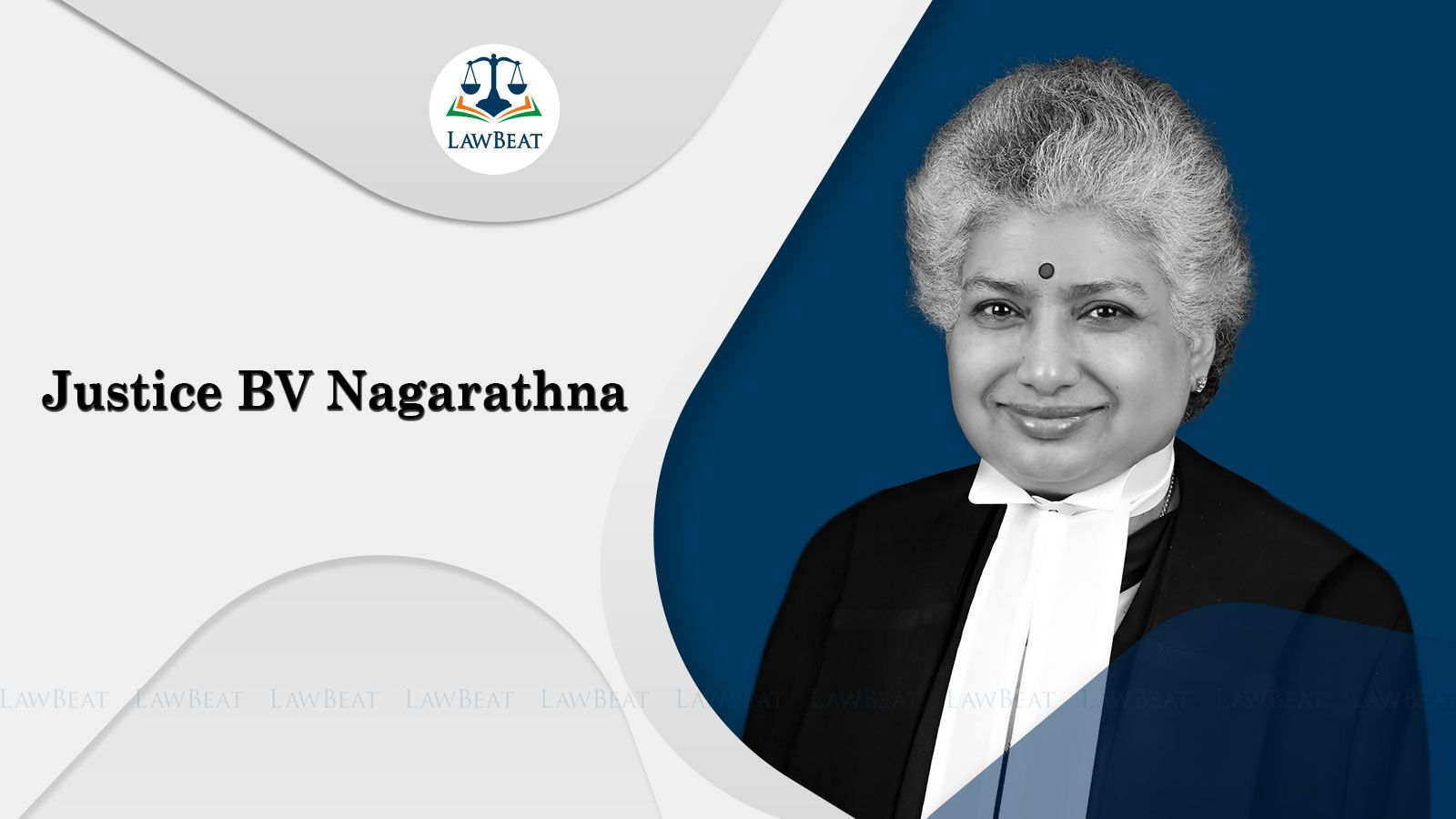Ultimately It Is The Personality Of The Judge That Matters For Institutional Independence: Justice BV Nagarathna

Supreme Court judge Justice BV Nagarathna, while addressing a book launch event organised by a think tank emphasized on judicial independence, constitutional supremacy and balance of powers between different organs of the State.
In a book launch yesterday, Supreme Court judge Justice BV Nagarathna said that ultimately it is the personality of the judge that matters as to how much ever institutional independence there may be.
Neither the executive nor legislature, but the Constitution of India is supreme and to become ideal citizens, we as a society need to cherish and practice the values of the Constitution, added Justice BV Nagarathna, in an event organised by a think-tank for the launch of its book “Constitutional Ideals: Development and Realisation through Court-led justice”.
While emphasizing the independence of judiciary, the Supreme Court judge added that like the legislature cannot seek an answer behind the outcome of a judgment, a court cannot question the wisdom of the legislature.
“Just as no government can question why court decided a case in a particular way, I believe court cannot question of wisdom of legislature”, Justice Nagarathna said.
On the independence of the judiciary and the personality of a judge as a factor determining institutional independence, she added,
"Independence of judiciary is one of the most cherished ideals of the Constitution. We the judges value it the most. Ultimately it is the personality of the judge that matters how much ever institutional independence there is."
Fundamental Rights under Part III of the Constitution were further discussed, stating that the courts in India have gone a long way to include several rights such as privacy, dignity, gender identity under the realm of life and liberty, however, the same is still not full and there is a scope of further expansion.
“Another ideal which is of great importance today is liberty. Courts in India have interpreted part III in such a way so as to include many rights like right to privacy, dignity, gender identity etc. I don’t think the same is still full. There is still scope for expansion. But it will depend on how much Bar assists courts," Justice Nagarathna said.
Fraternity as a principle enunciated under the Constitution was emphasized by the judge who stated,
“Of all four ideals, fraternity is what has been least understood. Fraternity will help deepen democratic values despite our religious, linguistic and other differences.”
The judge concluded her speech by quoting Justice Chinappa Reddy on tradition, philosophy and the Constitution of India as a medium to manifest teachings of both.
“Our tradition teaches tolerance, our philosophy preaches tolerance; Our Constitution practices tolerance; let us not dilute it”, said Justice Nagarathna.
